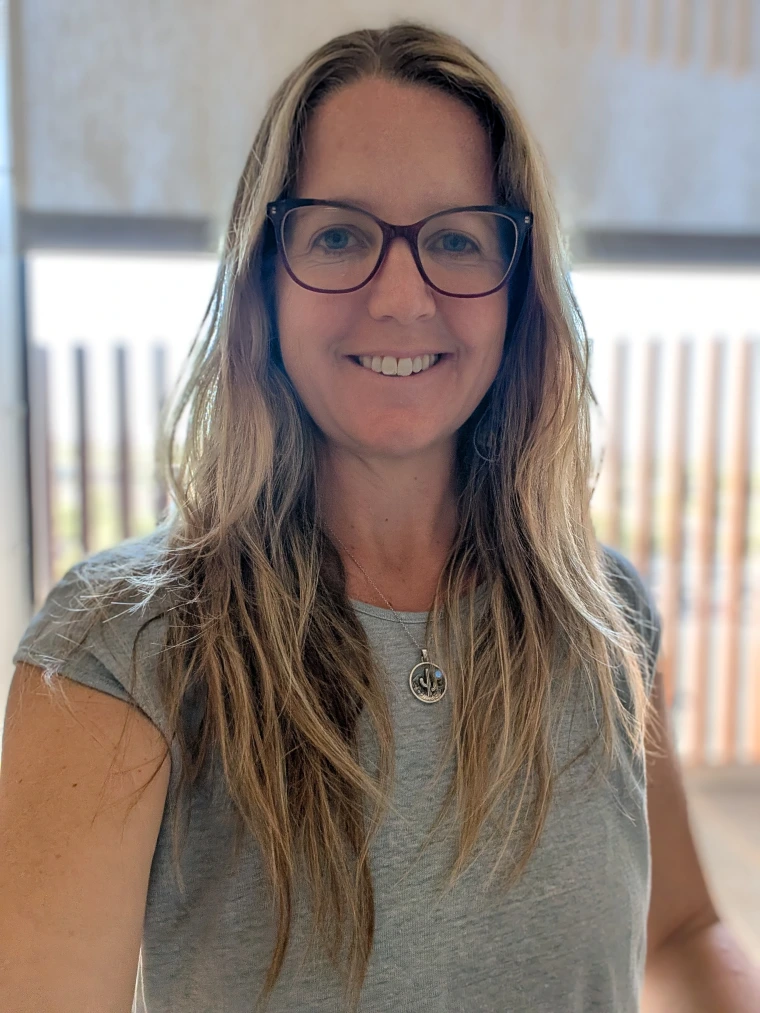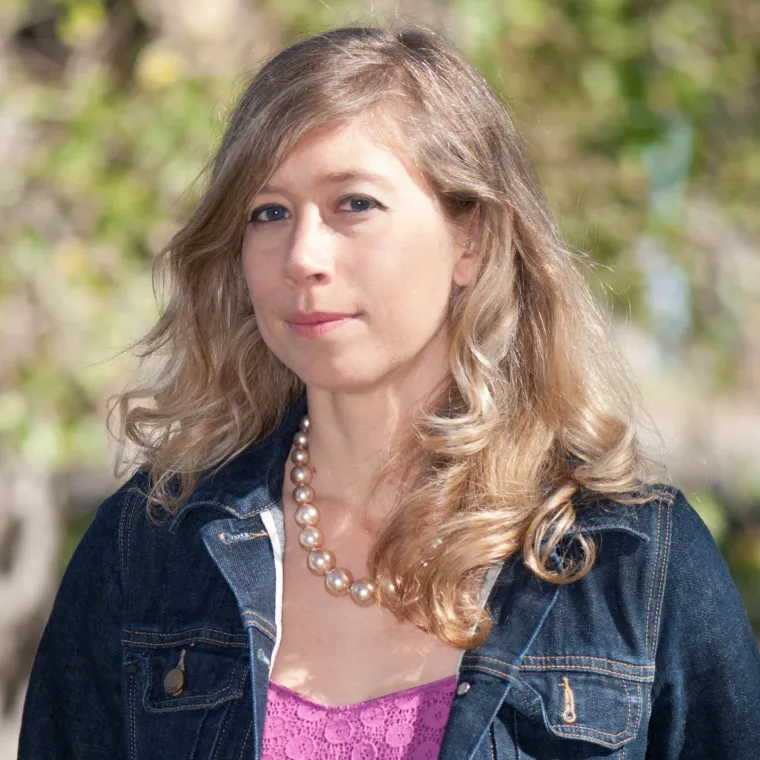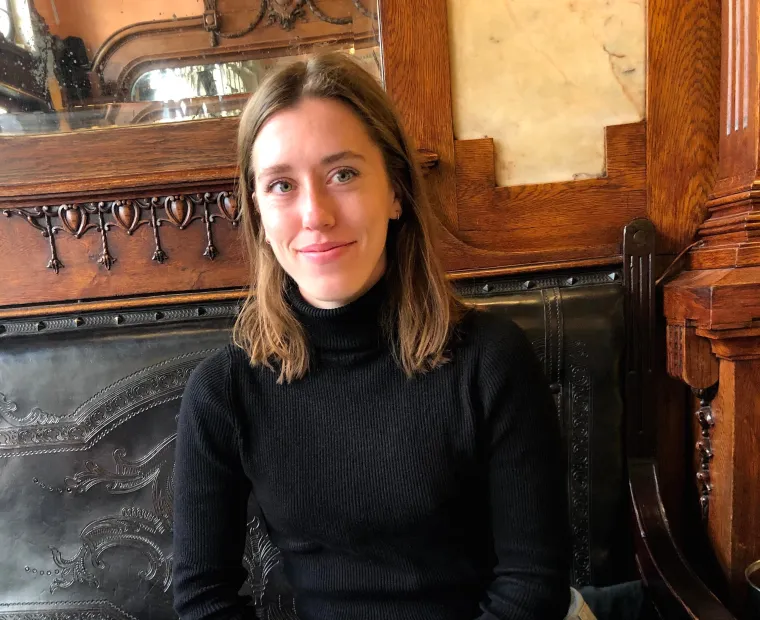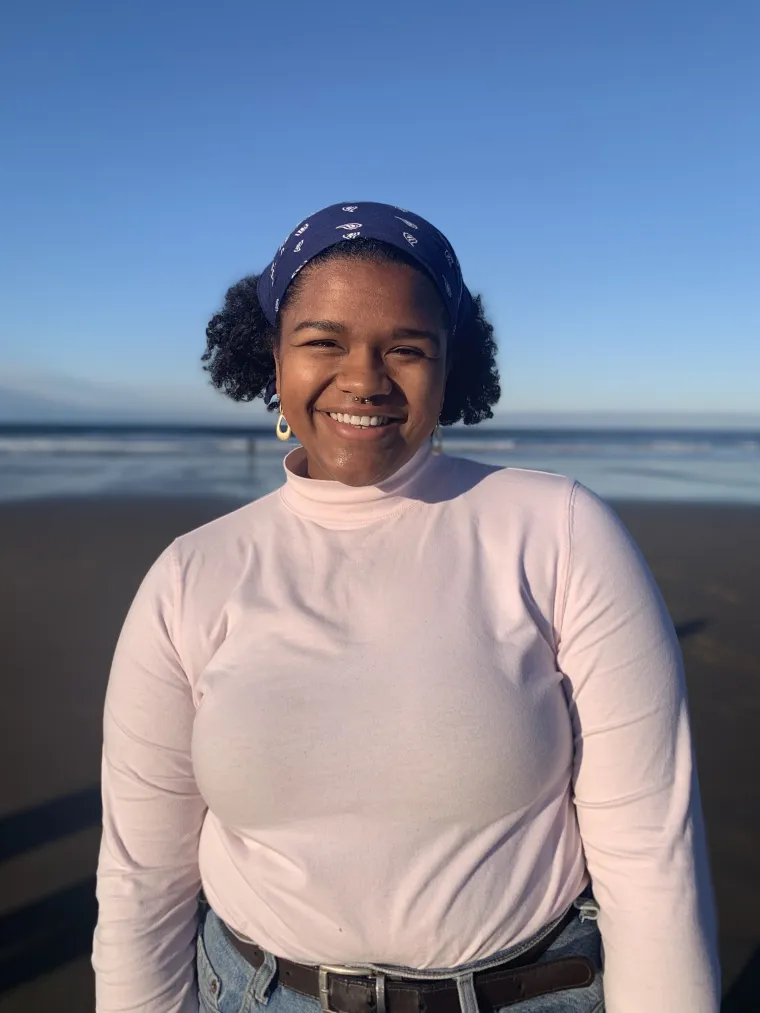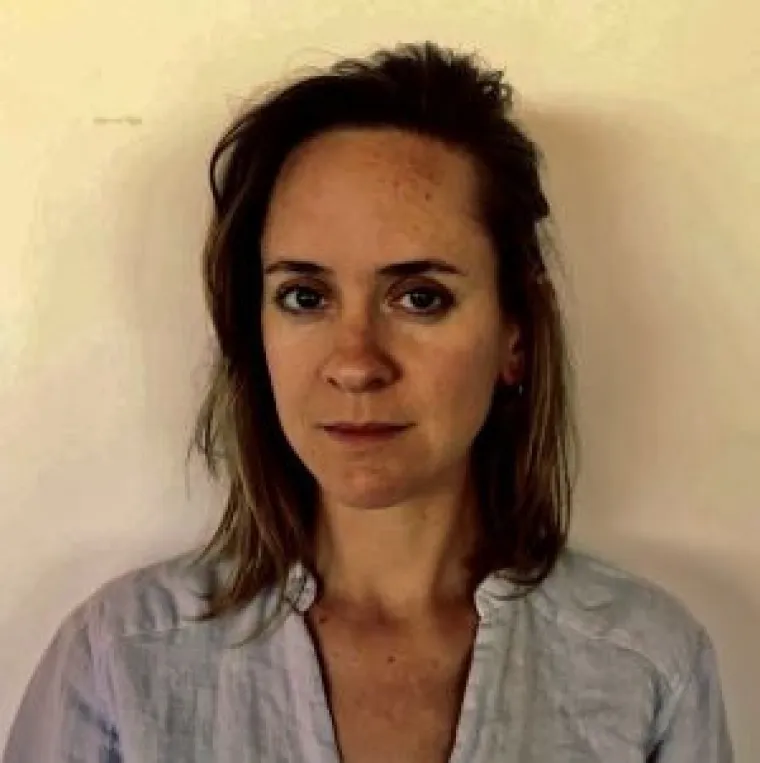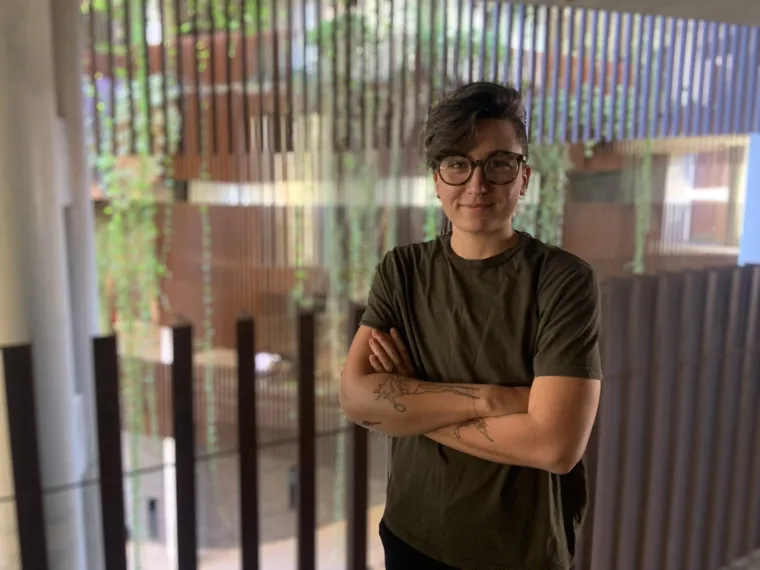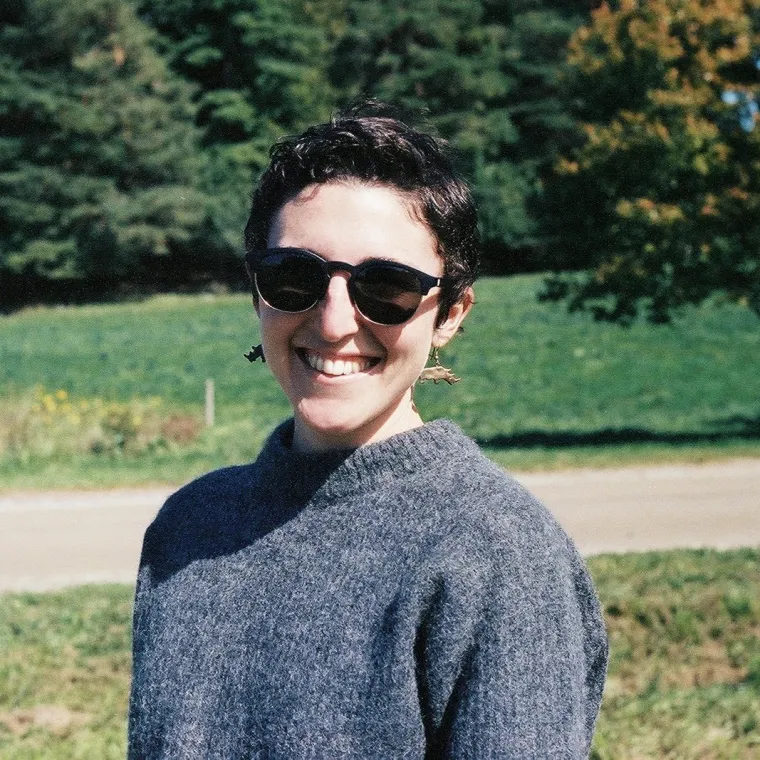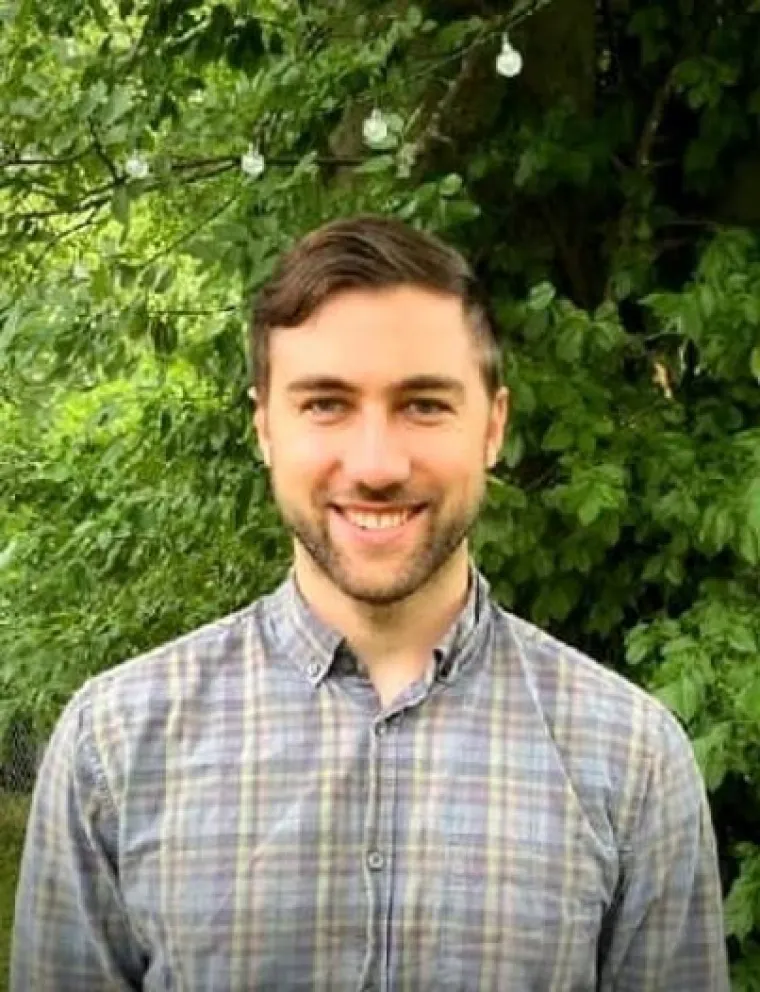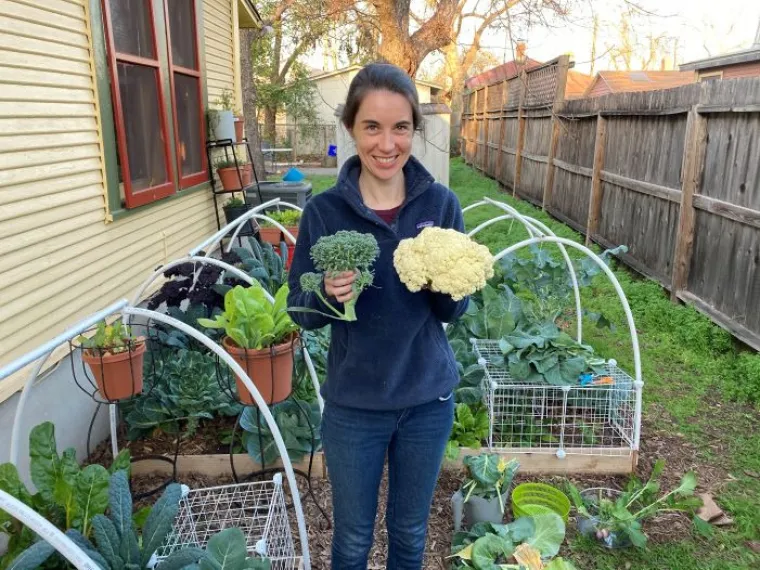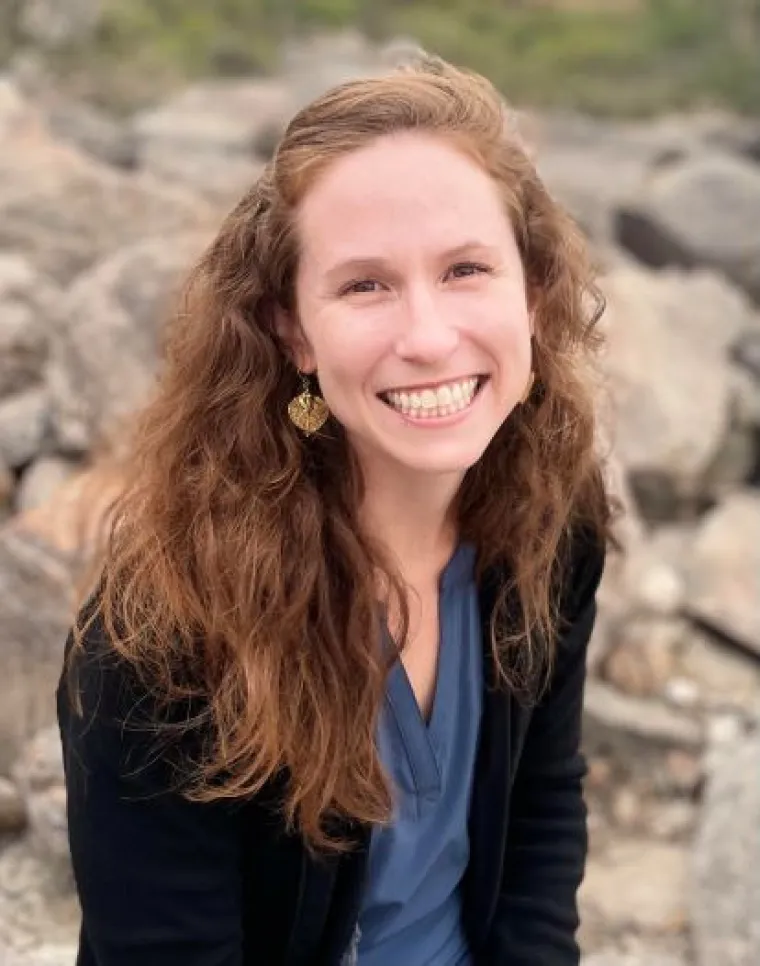Researching, convening, and advocating for positive food systems change in southern Arizona
ABOUT
The Food Systems Research Lab at the University of Arizona is a collaboration between the Center for Regional Food Studies (CRFS) and the Climate Assessment for the Southwest (CLIMAS), two research centers dedicating to producing usable knowledge to address complex societal challenges. Led by Drs. Laurel Bellante (CRFS) and Gigi Owen (CLIMAS), the Lab is a rotating group of geographers, anthropologists, food system practitioners, and other researchers and community collaborators dedicated to creating positive change in the local and regional food systems of southern Arizona.
Purpose
- Mobilize data, research, and university resources to advocate for more sustainable, equitable food systems in southern Arizona and beyond
- Support research experience and collaboration across the UA campus (undergrads, grads, post-docs, staff, faculty)
- Convene and connect researchers, community partners, food system stakeholders, and others to mobilize for societal change
Approach
- Local and regional food system research and analysis
- Collaborative, interdisciplinary, and community-driven research and exchange
Outputs
- Planning documents
- Policy briefs and other public-facing reports
- Academic papers
- Pilot programs and evaluations
Areas of Study
- Local food systems values, risks, and resilience
- Justice, diversity, and equity
- Food access and food security
- Climate change
- Land and water access
- Agricultural workforce
- Cultural and culinary practices
- Food-based economic development
- Best practices for local food systems
- Food waste reduction and other sustainable practices
Contact Us
Laurel Bellante - bellante@arizona.edu; Gigi Owen - gigi@arizona.edu
RESEARCH PROJECTS
Reinvigorating Food Policy Research, Outreach, and Participation w/ the Pima County Food Alliance
University of Arizona researchers: Gigi Owen (Climate Assessment for the Southwest), Laurel Bellante (Center for Regional Food Studies), Shelby Thompson (Pima County Food Alliance/Arizona Food Systems Network), Amanda Hilton (BARA), Karrington Hamilton (SGDE), Kacy Bartels (Public Administration), Anvi Bhakta (Public Health), Rachel Gildersleeve (CRED), and Rachel Leih (CRED). This research is a collaboration between the Climate Assessment for the Southwest (CLIMAS), the Center for Regional Food Studies (CRFS), and the Pima County Food Alliance (PCFA).
This project is an ongoing collaboration between the UA Food Systems Research Lab and the Pima County Food Alliance (PCFA). Established in 2011, PCFA is the only food policy council in Pima County and it has been integral to advancing several key food-related policies in our region. However, the COVID-19 pandemic and its reliance on an all-volunteer staff has interrupted PCFA’s work in recent years. In 2021, the Food Lab began working with PCFA to hold a series of meetings and visioning workshops related to food-related challenges and policy needs in southern Arizona. Together, members of PCFA and the Food Systems Lab successfully applied for a Thriving Communities grant from the Community Food Bank of Southern Arizona to revitalize and diversify participation in PCFA over the next two years, including several paid positions. The Food Systems Research Lab provides research and other resources to support the process of reinvigorating and refocusing PCFA’s important work in southern Arizona and linking it with state-level policy efforts spearheaded by the Arizona Food Systems Network.
REPORT: Food for Thought: Best Practices and Challenges of Food Policy Councils - By Chris Destiche (prepared for the Food Systems Research Lab and the Pima County Food Alliance, May 2022)
RESEARCH BRIEF: Cultivating Equitable Food Policy in Pima County (prepared by the Food Systems Research Lab and the Pima County Food Alliance, December 2023)
Building Resilience in Southern Arizona's Local Food System
University of Arizona researchers: Gigi Owen (Climate Assessment for the Southwest), Laurel Bellante (Center for Regional Food Studies), Sarah Renkert (School of Anthropology), Chris Destiche (School of Geography, Development, and Environment), and Shelby Thompson (Pima County Food Alliance/AZ Health Zone). This research is a collaboration between the Climate Assessment for the Southwest (CLIMAS), the Center for Regional Food Studies (CRFS), and the Pima County Food Alliance (PCFA).
Assessing the Impacts of the COVID-19 Pandemic in Southern Arizona's Regional Food System
University of Arizona researchers: Gigi Owen (Climate Assessment for the Southwest), Eden Kinkaid (School of Geography, Development, and Environment), and Laurel Bellante (Center for Regional Food Studies). This research is a collaboration between the Climate Assessment for the Southwest (CLIMAS) and the Center for Regional Studies at the University of Arizona.
This research examines the impacts of COVID-19 on southern Arizona’s regional food system. It provides a detailed analysis of how COVID-19 and its associated social and economic impacts have affected various parts of southern Arizona’s food system, including food production, distribution, and consumption. Our research team uses multiple research tools, including surveys, interviews, policy analysis, media analysis, and secondary data to understand how COVID-19 has impacted different parts of our regional food system and how people have responded to the disruptions and opportunities caused by the pandemic.
The preliminary results of this study are now available in the 2020-21 State of the Tucson Food System Report: Assessing the Impacts of the COVID-19 Pandemic in Southern Arizona. A PDF version of the full report can be accessed here . You can also access a PDF of the Executive Summary of the report here (or visit https://crfs.arizona.edu/publications). Hard copies of the report are available upon request (email Laurel Bellante at bellante@arizona.edu)
Additional articles/results are underway and will be posted here upon publication.
PUBLICATIONS
- 2020-21 State of the Tucson Food System Report: Assessing the Impacts of the COVID-19 Pandemic in Southern Arizona. A PDF version of the full report can be accessed here . You can also access a PDF of the Executive Summary of the report here (or visit https://crfs.arizona.edu/publications). Hard copies of the report are available upon request (email Laurel Bellante at bellante@arizona.edu)
- Kinkaid, E., Owens, G., and Bellante, L. 2021. Tucson Opinion: COVID-19 impacts demonstrate why Southern Arizona needs more farmers. Arizona Daily Star July 17, 2021. Access the article here
- COVID-19 Report: COVID-19 and the Arizona Food System, Arizona Food Systems Network 2023


